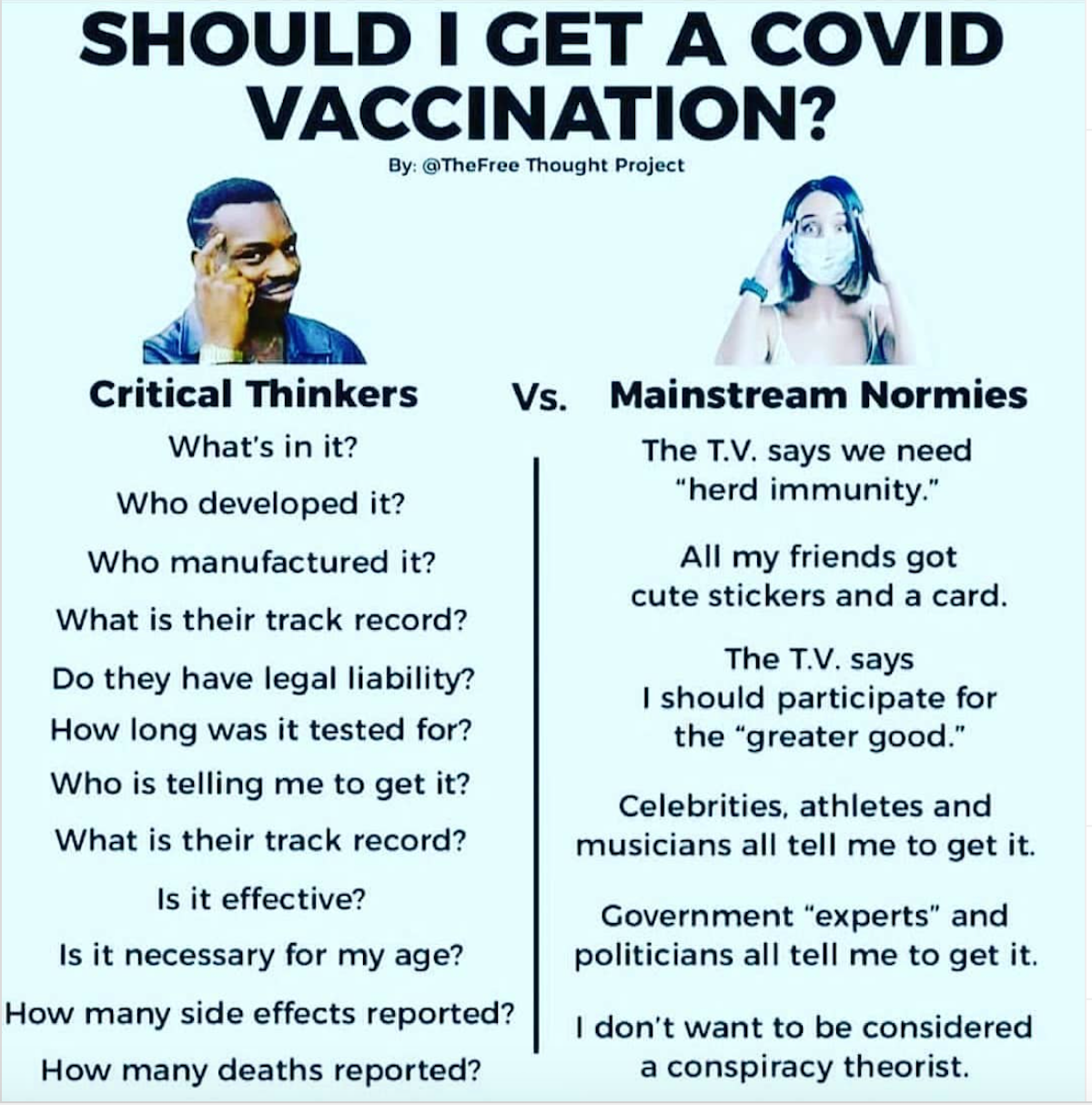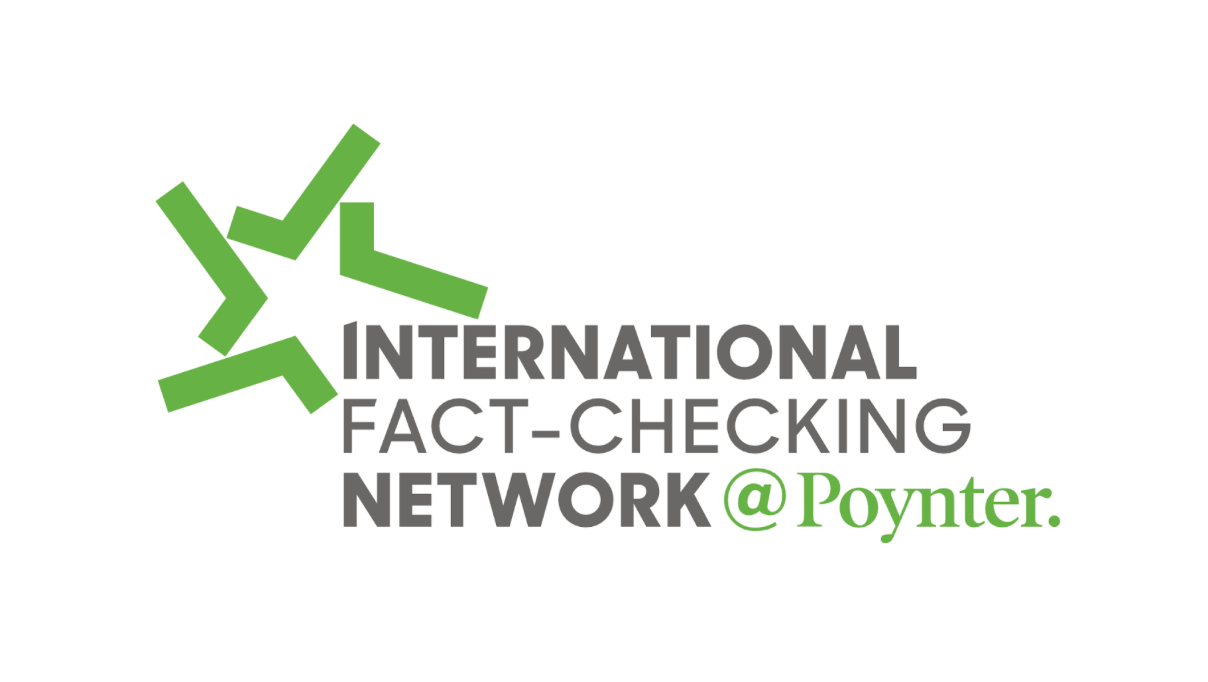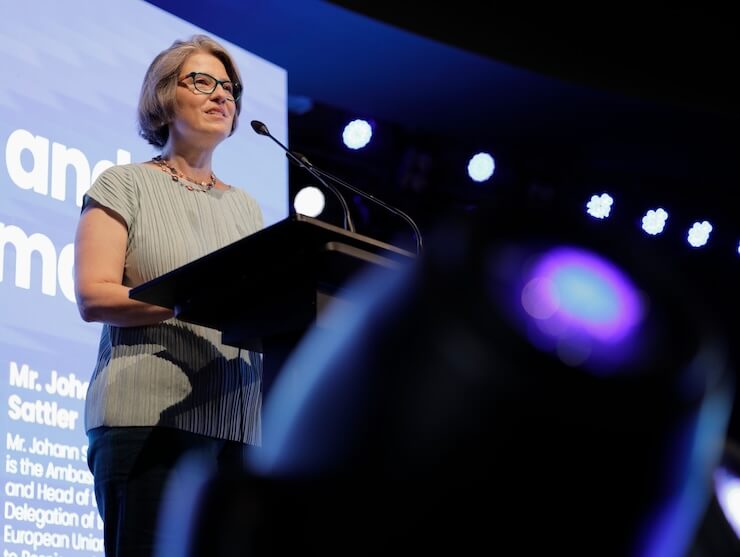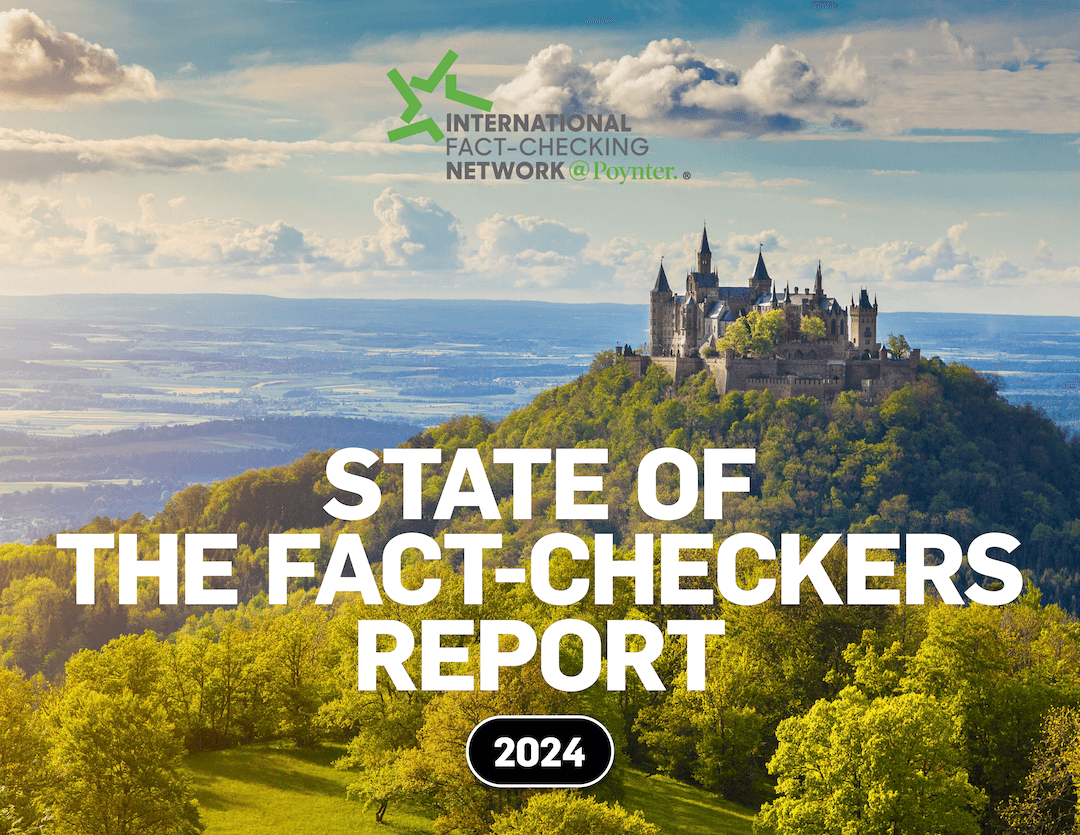 Covering COVID-19 is a daily Poynter briefing of story ideas about the coronavirus and other timely topics for journalists, written by senior faculty Al Tompkins. Sign up here to have it delivered to your inbox every weekday morning.
Covering COVID-19 is a daily Poynter briefing of story ideas about the coronavirus and other timely topics for journalists, written by senior faculty Al Tompkins. Sign up here to have it delivered to your inbox every weekday morning.
The Food and Drug Administration is expected to rule by Monday whether to approve a drug from biotechnology company Biogen to treat early-stage dementia caused by Alzheimer’s.
5.8 million Americans have Alzheimer’s and that number is expected to double in the next 30 years as boomers age. Alzheimer’s disease was the sixth leading cause of death in the U.S. and the fifth leading cause for people aged 65 years and older in 2018.
“There are no treatments available to halt, slow, or cure Alzheimer’s disease. Clearly, there is an unmet need for therapies that halt or slow the disease,” the FDA notes.
But as hopeful as some people are about this new drug, the FDA may not approve it — even though the FDA has not approved an Alzheimer’s drug since 2004.
In November, the FDA released an overwhelmingly positive review of the drug, Aducanumab, also known as BIIB037, a human monoclonal antibody. Critics said the review was way too positive and the FDA’s Peripheral and Central Nervous System Drugs Advisory Committee slammed the drug submission, ultimately voting against recommending the drug.
The Washington Post is tracking the debate:
Supporters, including some doctors who treat Alzheimer’s and advocacy groups such as the Alzheimer’s Association and UsAgainstAlzheimer’s, acknowledge the drug’s clinical trial data is far from perfect. But they say it would help some patients, and argue that approval would launch an era of increased research and investment into therapies for a progressive, terminal illness that causes incalculable misery and costs society billions of dollars a year.
“This will give us a new biological foothold to build on,” said Stephen Salloway, director of neurology and the Memory and Aging Program at Butler Hospital in Providence, R.I., and a professor at Brown University. “To get the best in class, you have to have the first in class.”
But critics argue the drug’s trial data falls far short of proving the drug works. They note that one of the late-stage trials was positive and the other was negative — hardly convincing evidence. In an acrimonious meeting last fall, an FDA advisory committee recommended against approval and harshly rebuked FDA staff for what it called an overly positive view.
“The worst thing for people with Alzheimer’s would be to put out a product that doesn’t work,” Aaron S. Kesselheim, a professor of medicine at Harvard Medical School and a member of the panel, said in a recent interview. “It will be sold at an extremely high price and waste resources that could go to other things.”
If the FDA does approve the drug — which is not a cure, but a treatment that Biogen hopes will slow the disease — it will be expensive. Really expensive. The Post reports:
It could carry a price tag as high as $50,000-a-year per patient, according to drug analysts, adding billions of dollars to the nation’s health tab. And, depending on how the FDA writes the label, millions of people could be eligible for the drug, or at least for an assessment of whether they should take it, experts say.
That has some experts wondering if demand would overwhelm a system that does not have enough Alzheimer’s specialists. Massachusetts-based Biogen has said it has 600 sites across the country ready to administer the drug if it gets the FDA nod.
This drug has been controversial for some time. In 2019, Biogen stopped a drug trial when it appeared the results would not reach their goal. Then a new analysis of patients who had gotten more of the drug said the response was encouraging. In fact, the FDA review panel said it was “exceptionally persuasive.”
But to give you an idea of the controversy behind this drug, read this essay by Jason Karlawish, a professor of medicine, medical ethics and health policy, and neurology at the University of Pennsylvania’s Perelman School of Medicine and co-director of the Penn Memory Center. Karlawish says if the FDA approves it, he won’t prescribe it. And, he says, the cost is just part of the problem:
These marginal benefits mean that if aducanumab is approved, patients and families will struggle over whether it’s right for them. One of its risks is small bleeds in the brain, a risk that is heightened in those with the APOE4 gene, a gene associated with late-onset Alzheimer’s disease. Families will be drawn into these risk-benefit discussions, because treating a parent’s Alzheimer’s with aducanumab may well mean their children will learn their genetic risk of developing the disease. I have little doubt that these at-risk individuals will push the margins of when to begin prescribing aducanumab.
Aducanumab is not the drug to launch a new era of Alzheimer’s treatment. It hasn’t been properly studied, and so the FDA has incomplete data to form a judgment. The cause of this is a series of decisions that were good for business but bad for science and patient care.
[the_ad id=”667826″]
Employees are quitting rather than leaving home to work
I would not have thought, a year ago, that people would have liked working at home so much that when they could go back to the office, they would say “no thanks” and quit. As Bloomberg put it:
While companies from Google to Ford Motor Co. and Citigroup Inc. have promised greater flexibility, many chief executives have publicly extolled the importance of being in offices. Some have lamented the perils of remote work, saying it diminishes collaboration and company culture. JPMorgan Chase & Co.’s Jamie Dimon said at a recent conference that it doesn’t work “for those who want to hustle.”
But legions of employees aren’t so sure. If anything, the past year has proved that lots of work can be done from anywhere, sans lengthy commutes on crowded trains or highways. Some people have moved. Others have lingering worries about the virus and vaccine-hesitant colleagues.
The research group PwC finds that more than one in 10 senior managers surveyed said they would be willing to let go of the office for good, but most want employees in the office at least several days a week, if not every day.
$18 concert tickets, but $1,000 if you are not vaccinated
Here in St. Petersburg, Florida, a concert promoter is trying an end-run around Gov. Ron DeSantis’ order that businesses cannot ask patrons to prove they are vaccinated.
Concert promoter Paul Williams is offering concert tickets to people who are vaccinated for $18, while unvaccinated people are asked to pay $999.99. He says it is a discount for vaccinated people, not a penalty to the unvaccinated.
Here is the promotion poster. See the small print at the bottom:
The concert website explains:
Note that all staff, volunteers, and band members will be vaccinated. Also know if you buy one of these advance tickets and show up without your vaccination card or government issued photo id, you won’t be let in at this price, you will need to pay the remaining $981.99 to enter or go back and get your card. There will be NO REFUNDS. We are NOT telling you what to do here, we are making a business decision and letting the market decide. If someone wants to come in unvaccinated, they will scare off a large number of patrons and will need to pay the difference.
The governor’s office is not amused and says the “discount” “unfairly discriminates against people who have enumerated rights under Florida law.” Even if it does violate the governor’s executive order, it may not matter since the concert will be over before the order takes effect a few days later.
[the_ad id=”667872″]
Theme parks make their return

Guests wear required face masks while riding in Mad Tea Party attraction teacups at Walt Disney World Resort’s Magic Kingdom on Thursday, August 13, 2020, in Lake Buena Vista, Fla. (Photo by Charles Sykes/Invision/AP)
The analysis of how theme parks fared in their summer reopening are rolling in and insiders say they think parks will make a pre-pandemic level return by late summer. It is of no small consequence since the International Association of Amusement Parks and Attractions says America’s 360 theme parks lost $18 billion last year.
Moderna applies for full FDA vaccine approval
Moderna says it is ready for the FDA to consider full approval of its COVID-19 vaccine, not just the emergency approval that it is currently using. A Biologics License Application requires six months of data (an emergency authorization requires two months’ worth). Pfizer is also in the process of getting full approval for its vaccine.
For the public, the main difference between full approval and emergency approval is that the former allows the vaccines to stay on the market after the emergency ends.
PolitiFact takes on a skeptic’s post about vaccines
My colleagues over at PolitiFact get a fair number of inquiries about COVID-19 and vaccines. Some people who ping them (and me) are really searching for solid information. Others would not be satisfied with any documentation. This post on Instagram might seem to be a conspiracy-minded post, but when you think about the questions, they are worth a thoughtful answer.
So PolitiFact put together detailed and documented answers to the questions in the post.
PolitiFact’s work will be most useful if the people asking the question are open to facts and truth. I tell audiences all the time that news consumers and journalists should be skeptics but not be cynics. Skeptics want proof but cynics don’t believe anything, no matter how facts line up.
There is a lesson here for journalists to not dismiss questions that you have answered a hundred times. People seek answers when they are ready to learn. We all get to that point at different times.
[the_ad id=”667878″]
We’ll be back tomorrow with a new edition of Covering COVID-19. Are you subscribed? Sign up here to get it delivered right to your inbox.











